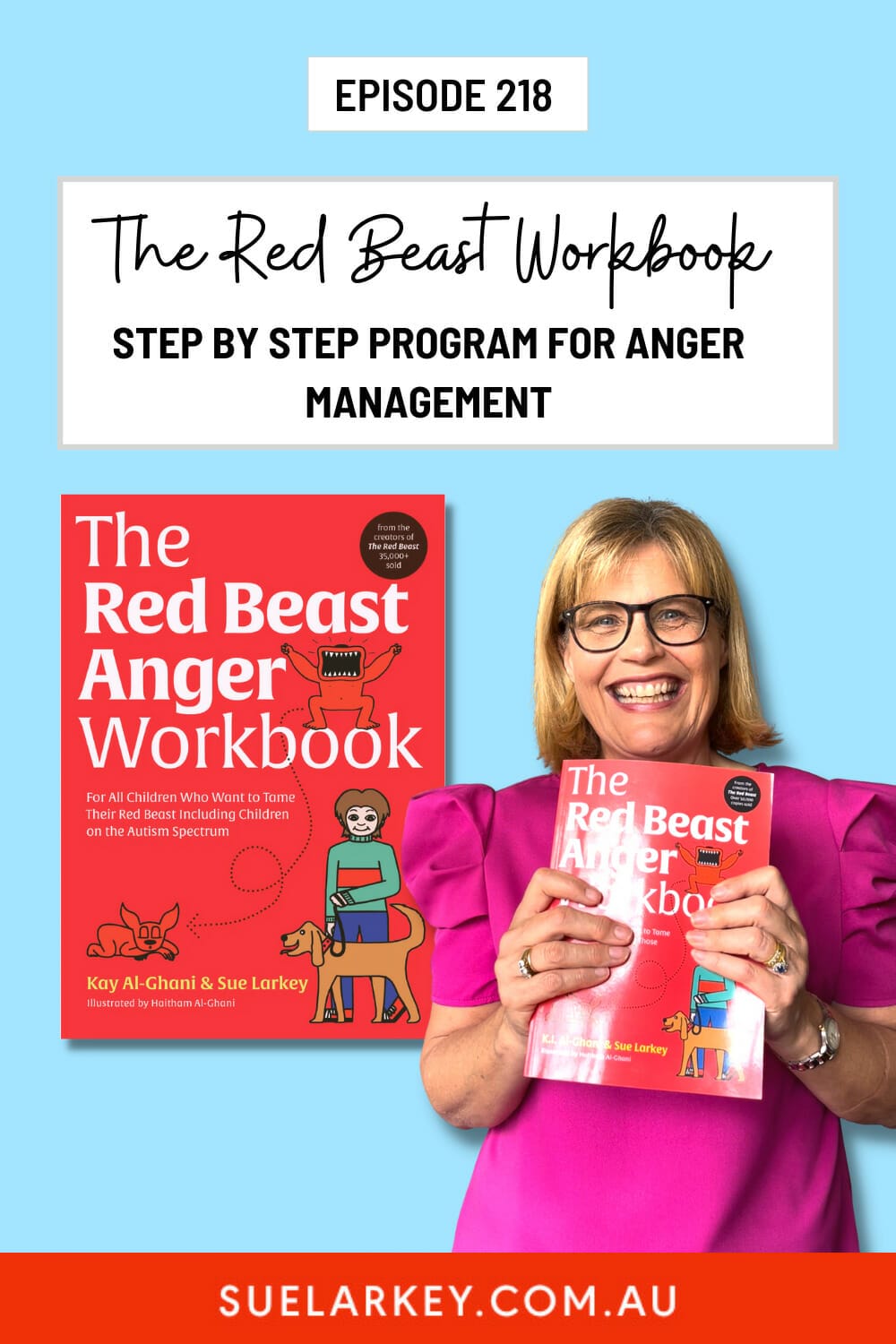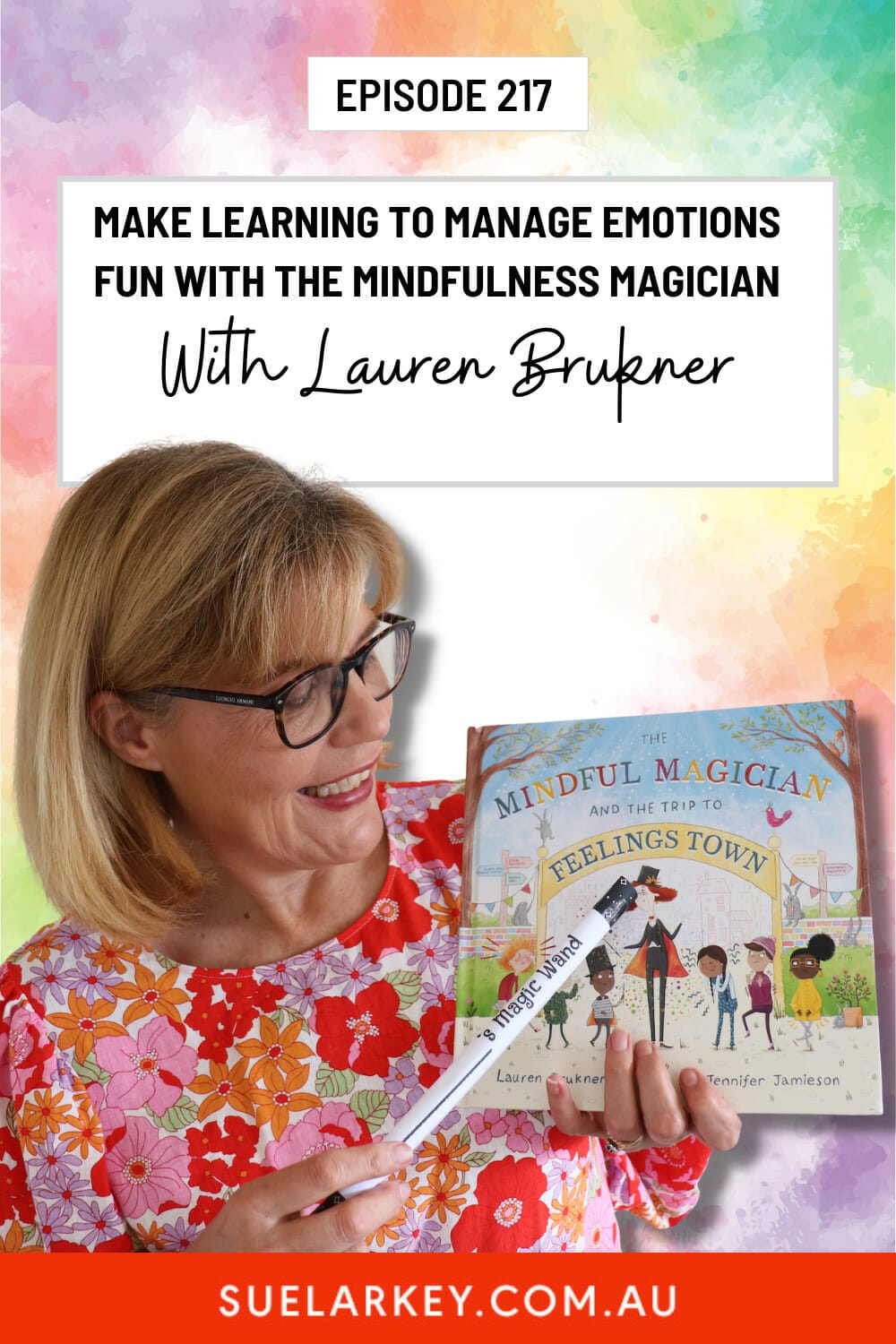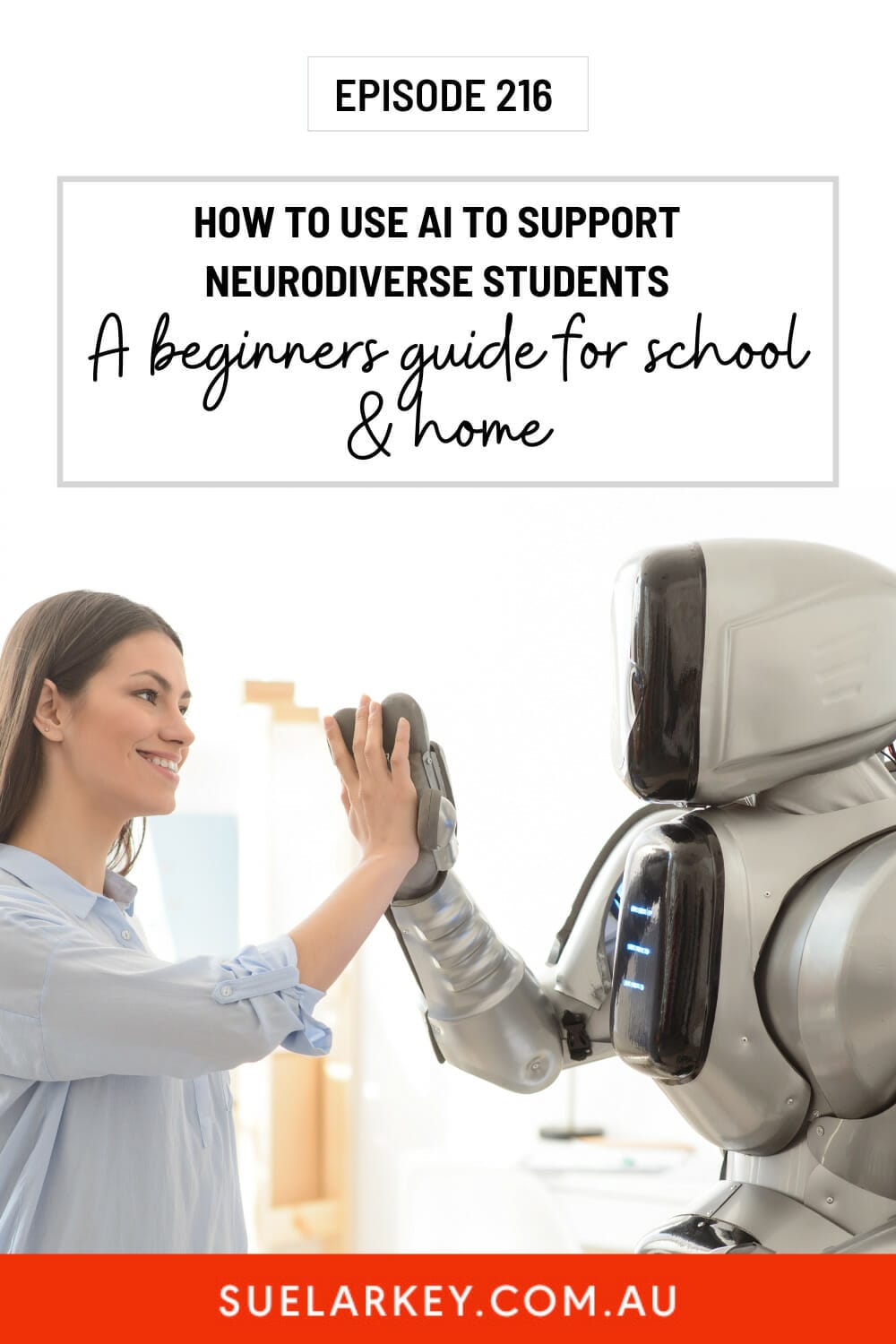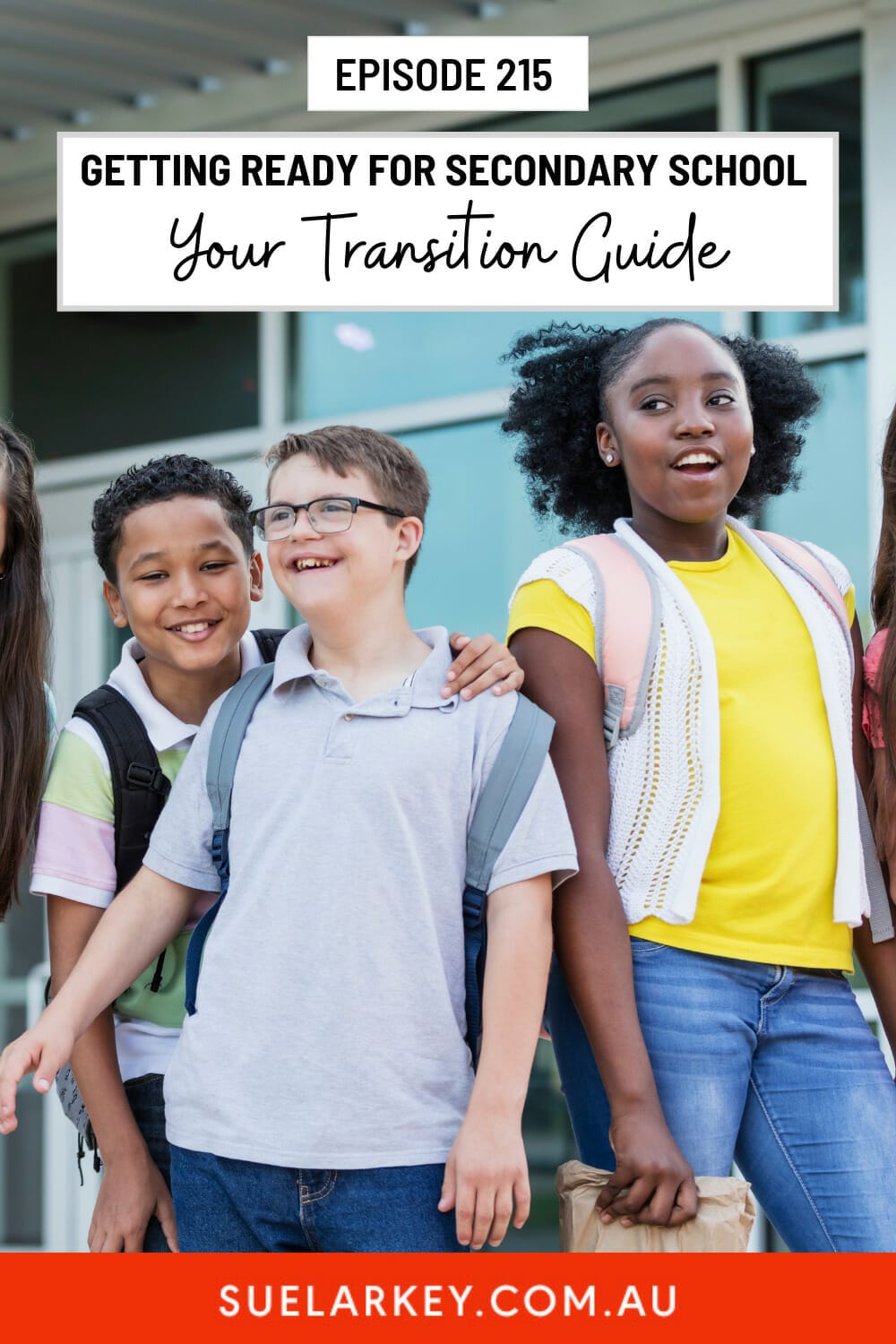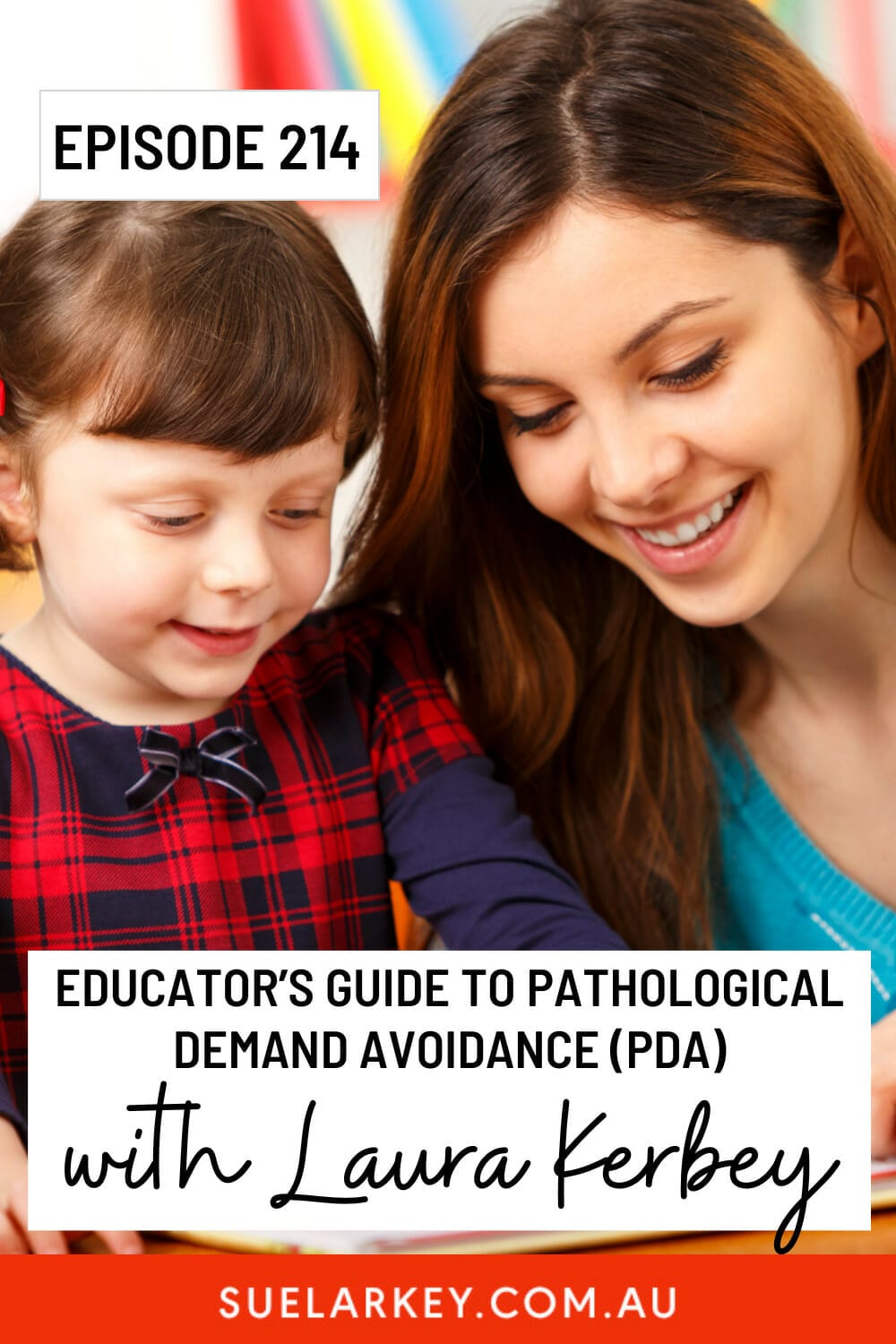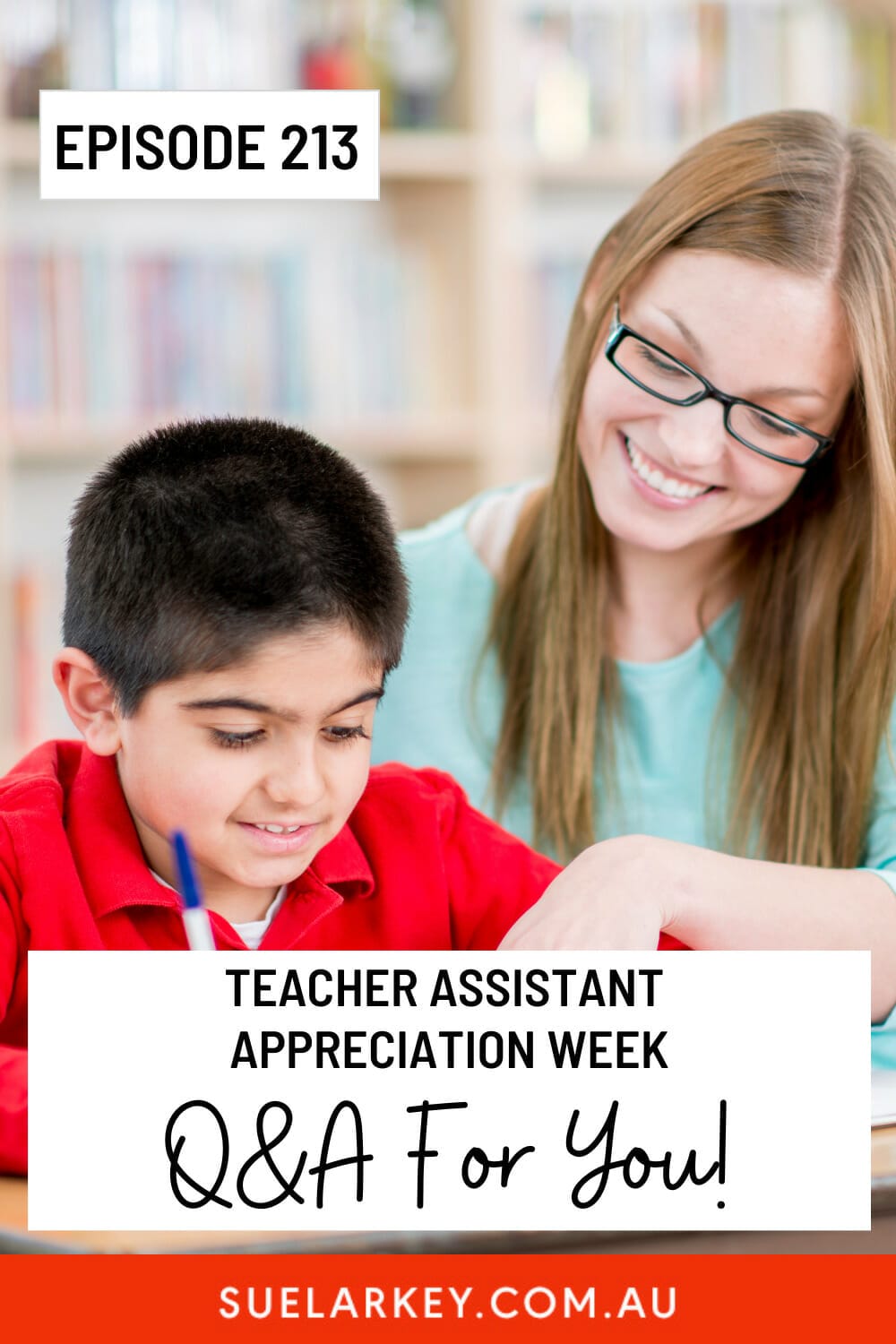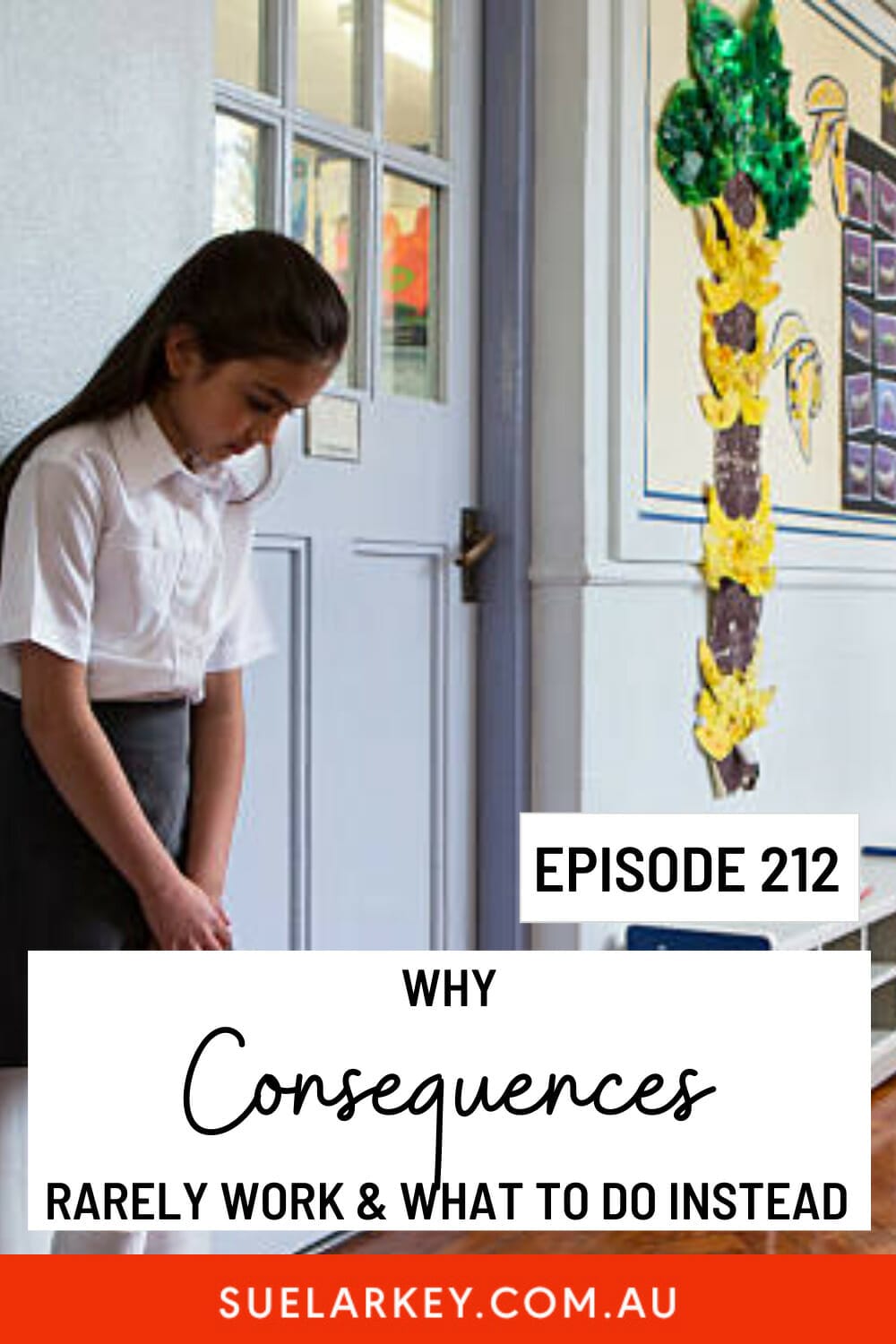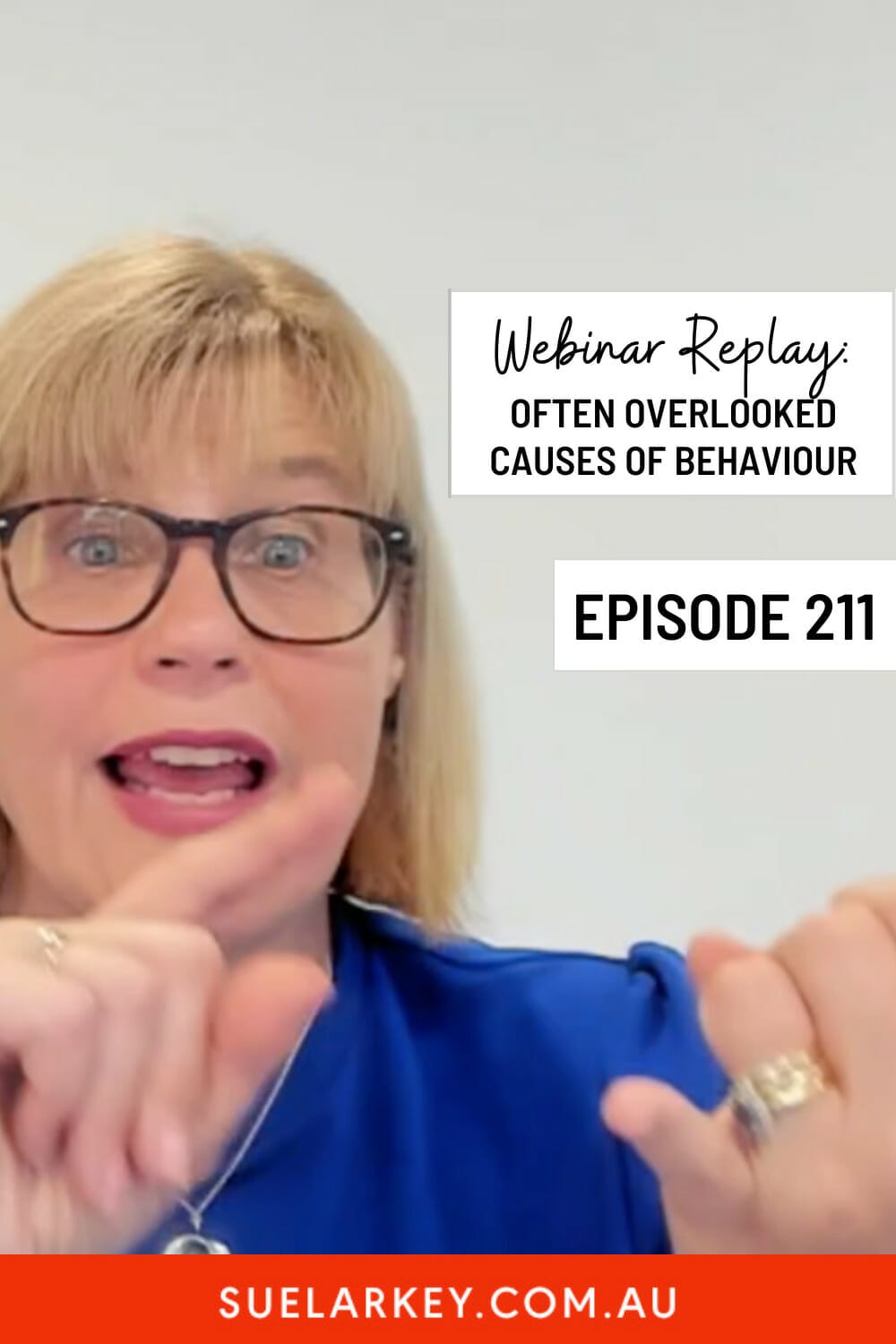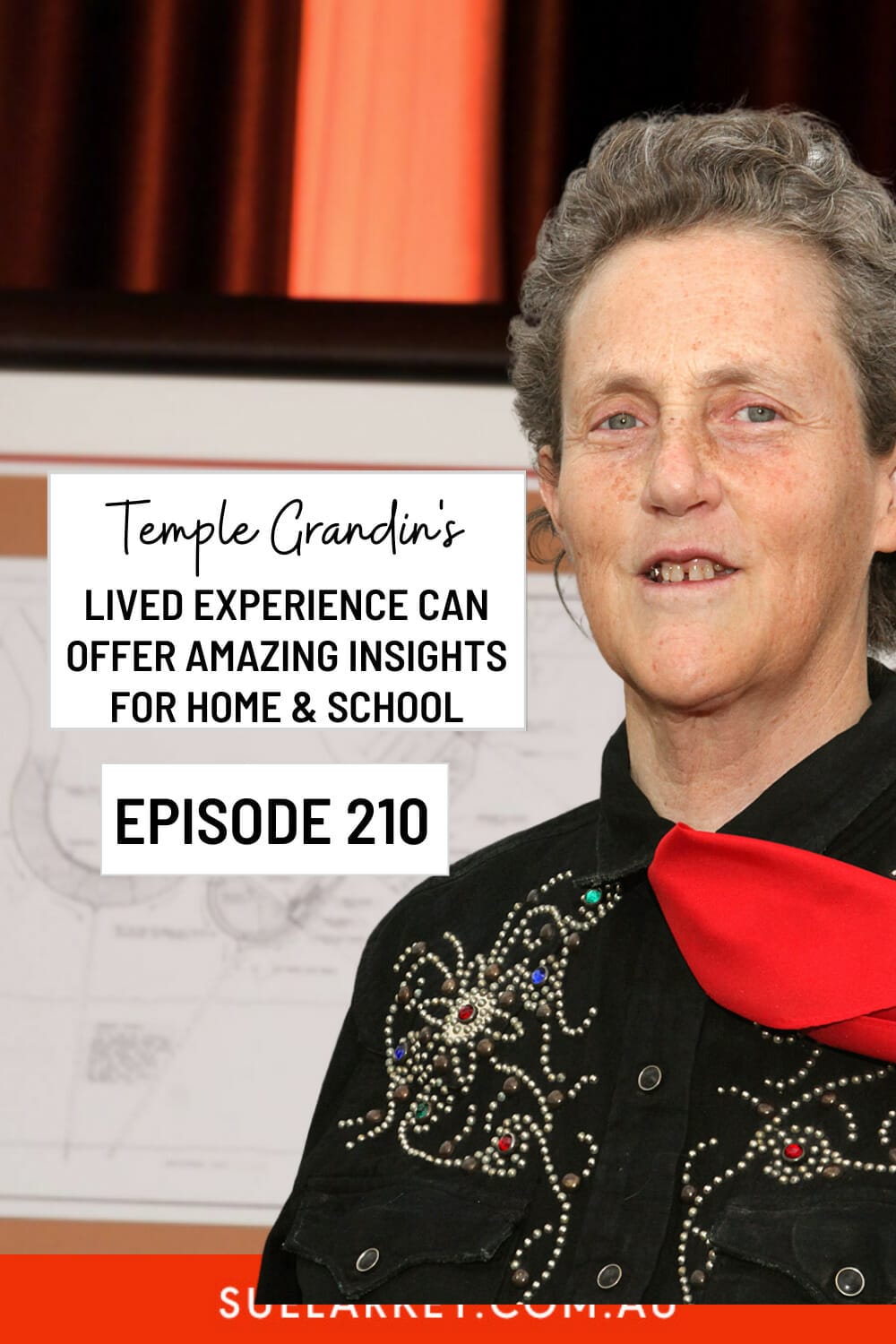Sue Larkey Blog
Helping you “Make a Difference”

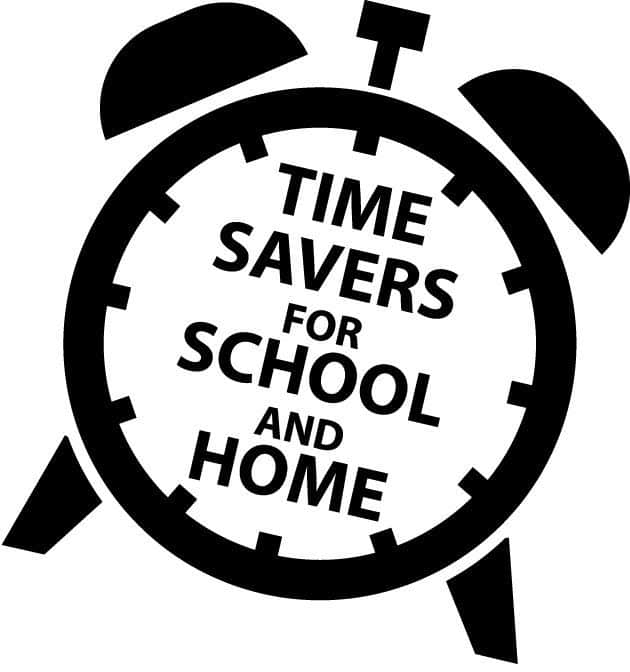
Tips, Strategies, Time Savers and Inspiration to help make difference for a child with an ASD in your class, home or community.
Episode 218: The Red Beast Workbook – Step by Step Program for Anger Management
The New Red Beast Workbook that is Gamechanger for Anger Management in Children (Inclusive Resources for Autistic Children) Subscribe to this podcast via your favourite app Join my newsletter for more awesome information about ASDManaging Children's Anger and Developing Emotional LiteracyUnderstanding Children's Anger Anger can manifest in different ways for children. Some children may react aggressively or shut down when angry. It's important to educate children on managing their own anger. Children need emotional regulation skills to fully engage and participate positively in the classroom. Recognizing Your Own Emotions Adults need to tune into their own emotions and share these openly with children. This modeling helps children understand emotions and that it's normal to experience anger, anxiety, and more. Take time to write down your own emotions throughout the day to build self-awareness. Sharing Emotions with Children Verbally share your emotions with children to normalize...
Episode 217: Make learning to manage emotions fun with the Mindful Magician
Empowering children through mindfulness, this podcast explores how using a fun, magical approach can help children self-regulate and understand emotions.
Episode 216 – How to Use AI to Support Neurodiverse Students- A Beginners Guide for School & Home
Quick tips and strategies to get you started. If yoou haven't even tried AI let me help you get started. ************************************** Join me for an upcoming Workshop: Sue Larkey Workshops Can't make these Workshop dates? Join me for a self-paced on-demand course: Sue Larkey On-Demand Workshops ************************************** How AI Assistants Can Support Neurodiverse Students Overview of ChatGPT and Other AI Tools - Brief explanation of what ChatGPT and other AI tools are and how they work Using AI to Create Accommodations - Example of creating accommodations for executive functioning challenges - Mention other types of accommodations AI can help generate Adapting Lessons to Special Interests - Share transcript example of adapting a planets lesson to use Minecraft Simplifying Complex Concepts - Example of summarizing an accounting document in simple terms Generating Options to Reduce Anxiety - How AI can provide choices for resources, topics, etc....
Episode 215 – Getting Your Neurodiverse Student Ready for Secondary School – Your Transition Guide
Transition from Primary to Secondary School: Interview with Expert Joan Shanahan This Weeks Podcast is an interview with the Joan Shanahan: Joan has been involved in education all her life and experienced from early childhood to tertiary. She finally worked as a consultant in 24 schools in northern NSW before moving to the Sunshine Coast and establishing her business Behaviour Solutions 247. She brings to this Podcast over 20 years of experience in developing transition plans for students moving from primary to secondary school. Discussed in this Podcast: ✅ When to Start Transition ✅ How Long should you do Transition ✅ Must Do for successful Transition ✅ Ideal to Do as part of Planning ✅ Extra Ideas to support Transition ✅ What do to if Transition wasn’t Successful ✅ Plus information on Vaping, Catching the Bus and more More Tips and Information from Joan Shanahan https://behavioursolutions.wixsite.com/australia/home 1. Must doThese are the MUST DO for...
Episode 214: Educator’s Guide to Pathological Demand Avoidance (PDA) with Laura Kerbey
Introducing the Podcast "Guide to Pathological Demand Avoidance", a beacon for educators seeking to understand, connect with, and empower these unique learners. Dive in and discover the tools and techniques that can transform challenges into opportunities for growth. Welcome to a journey of understanding and adaptation.************************************** Join me for an upcoming Workshop: Sue Larkey Workshops Can't make these Workshop dates? Join me for a self-paced on-demand course: Sue Larkey On-Demand Workshops ************************************** Strategies for Teaching PDA Students Key takeaways from this podcast for educators and parents/ carers of a child with PDA: ✅ Understand Pathological Demand Avoidance (PDA): It’s a unique autism type that requires a different approach. ✅ The differences between PDA and ODD. ✅ PDA is often misunderstood - these children want to do well but struggle with demands. ✅ Build relationships through sharing experiences and following...
Episode 213: Teacher Assistant Appreciation Week: Q&A For You
Teacher Assistant Appreciation Week: Q&A For You Although this is questions from Teacher Assistants, I think you will find this Podcast full of tips and strategies for School & Home too Discussed in this Podcast: ✅ How to help students who don’t like making mistakes ✅ How to help students who don’t like to lose a game ✅How to ensure you are not “helping” too much when supporting a student ✅How to help an absconder? ✅How to help students who “shutdown” ✅How to accommodate a student who is stamping his feet as a stim? ✅How to assist a student with dysgraphia, with no technology at all ✅How to work with teachers and be collaborative? ✅How to help staff and students understand PDA? ✅How to support non-verbal children communicate? And so much more CELEBRATE TEACHER ASSISTANT APPRECIATION WEEK I have a special week planned for our TAs/Angels Nominate an Angel or Team here to win Flowers sent to the school. Nominations Close Monday 28th August 4.00pm ESDT Let them know...
Episode 212: Why Consequences rarely work and what to do instead
Why consequences rarely work and what to do instead Subscribe to this podcast via your favourite app Join my newsletter for more awesome information about ASD Traditional behaviour strategies (including ignoring, consequences, counting to 3 and timeout) often don't work for children with autism, ADHD, ODD and PDA. These strategies are effective for neurotypical children who are better at regulating their own emotions, however children with special needs are often very literal thinkers and struggle with the mind reading and problem solving that these strategies require. Discussed in this Podcast ✅ Why traditional behaviour strategies don't work for children with autism, ADHD, ODD and PDA ✅ The Theory of Mind explanation ✅ My 3 Golden Rules ✅ Alternatives to Using Consequences When Working with Neurodiverse Student ✅ How to focus on teaching replacement behaviours and making adjustments proactively rather than relying on consequence-based strategies alone ✅ How to use social...
Episode 211: Webinar Replay – Often Overlooked Causes of Behaviour and What You Can Do About It
Webinar Replay: Often Overlooked Causes of Behaviour - and What You Can Do About it What You Will Learn in this Webinar✅ What Role do Sensory Solutions have in De-escalating Behaviour & Increasing Participation? ✅ Benefits of a Simple Sensory Programme in your Classroom ✅ What is SPD? ✅ How to Identify Students who could have SPD ✅ Checklist to Identify Underlying Sensory Causes of Behaviour ✅ The MOST Overlooked Sensory Tools & How to use ✅ Quickfire Solutions to Implement this Week Understand Overlooked-Causes-of-Behaviour Today!Sign up to Watch the Replay My Live Virtual Webinar last week was a success! But it’s not too late if you missed it – sign up to watch the Replay of the hour of power! Available for a limited time Sign Up Includes: ✅ E-book with over 100 tips & strategies ✅ Webinar Replay ✅ Handout Temple Grandin ONline CoursEJoin this essential course to enhance your teaching practice and create an inclusive, supportive environment that...
Episode 210: How Temple Grandin’s Lived Experience Can Offer Amazing Insights for Home and School
STRATEGIES AND INSIGHTS TO INFORM YOUR TEACHING PRACTICE WITH TEMPLE GRANDIN AND SUE LARKEY Autism Lived Experience Insights Subscribe to this podcast via your favourite app Join my newsletter for more awesome information about ASDDon't forget this free training Webinar is the first lesson in my Temple Grandin and Sue Larkey Course! Lesson 1: Knowing How and When to Extend Your Students on the Spectrum (Stretching) – 40 Minutes You Will Learn: Guide to Manage Anxiety and Behaviour when Extending your Students’ Abilities Key Methods to Extend using ‘real’ choices Critical Importance of Exposing Students to a Range of New Activities Strategies to use when your Students say ‘No’ to trying New Things Insights on How Long to Persist with New Activities Key Steps to Teaching Persistence Strategies to Teach Students the Importance of Making Mistakes This FREE Ebook and Webinar are focused on Teaching Students with Autism Spectrum - Strategies & Insights to Inform your...
Episode 209: Meltdown Management: How to prevent and de-escalate meltdowns (ASD, PDA, ODD, ADHD)
meltdown management: How to prevent and de-escalate meltdowns (asd, pda, odd, adhd) Subscribe to this podcast via your favourite app Join my newsletter for more awesome information about ASD✅ Understanding meltdowns and their different phases ✅Strategies to create calm and manage anxiety ✅ The importance of giving children silence and space: to process, self-regulate and de-escalate ✅Why “No” can cause a meltdown and what to say instead ✅Why I treat meltdowns like seizures ✅ What to do after a meltdown and how to put preventative strategies in place We hate Spam was well. You can unsubscribe at anytime.Recognising and managing meltdowns / shutdowns is vital to support people with an ASD. Every child with an ASD will experience very individual symptoms that are unique to them. Not all individuals with an ASD will experience a "meltdown" and instead may "shut down". It is very important you are familiar with each child’s triggers and responses. Use the student profile on page 31 of...
Episode 208: What Role do Sensory Solutions have in De-escalating Behaviour & Increasing Participation?
What role do sensory solutions have in de-Escalating behaviour & Increasing participation? Learn why Sensory is the Key to Engagement Today! Sensory strategies for classrooms Join me on 2nd August for Free Webinar! REGISTER BELOW (TOPIC - The Often Overlooked Causes of Behaviour in Your Classroom (Sensory)) Discussed in this Episode: ✅ Simple Classroom Adaptations That Make a Huge Difference to students and YOU ✅ Do you know what to look for to Recognise SPD? ✅ Busy Classroom Teacher Strategies to help Students Self Regulate ✅ 8 Warning Signs of Slow Processing Speed – Plus What Simple Modifications & Strategies to Help ✅ Why Do They Do That? 12 Common Behaviours Explained & Strategies to Try ✅ 3 BIG Barriers to Participation Every Educator needs to Rule Out ✅ Heaps of Resources and Sensory Tools ✅Understand why Sensory is the Key to Engagement!Free E-Book with over 100 Tips & Strategies Teaching in a busy and complex classroom can be very difficult,...
Episode 207: The New Red Beast Workbook that is Gamechanger for Anger Management in Children
The New Red Beast Workbook that is Gamechanger for Anger Management in Children (Inclusive Resources for Autistic Children) Subscribe to this podcast via your favourite app Join my newsletter for more awesome information about ASDIn this podcast, I talk with Kay Al-Ghani all about her new book and we discuss:✅ Activities and exercises for self-awareness and self-control✅ The importance of a consistent program in teaching emotional regulation✅ Whole class activities on emotional regulation✅ How to individualise activities for unique children✅ How to use visuals✅ Importance of a positive environment✅ The Red Beast Picture Book is suitable for 5-9 years& The Red Beast Workbook 5-10 yearsNEW Workbook Out Now 8 Key Ways You Can Use the Red Beast Workshop to Help Children to Understand and Regulate Anger 1. Use Metaphors to Explain Anger: The concept of the "Red Beast" serves as a metaphor for anger, making it easier for children to understand and visualize their emotions. 2. Teach...
